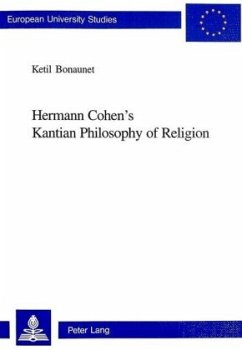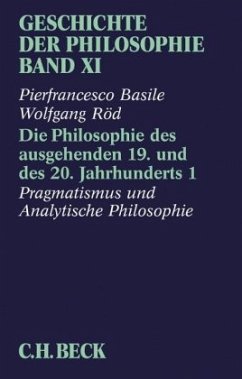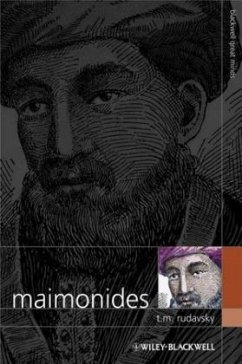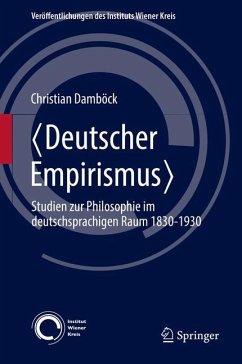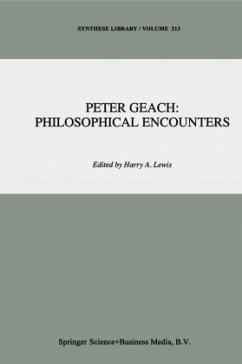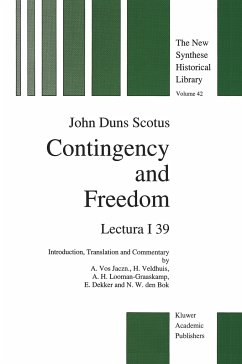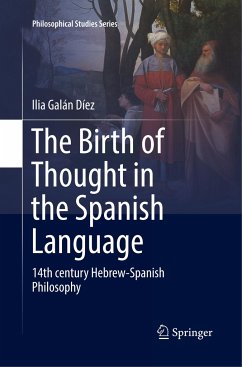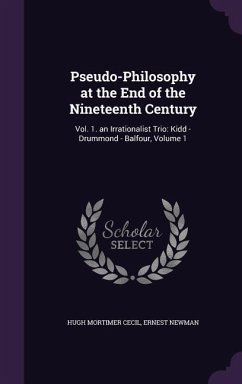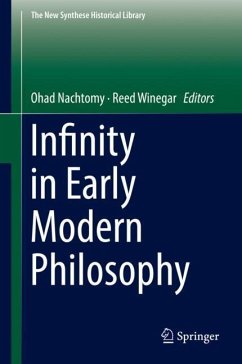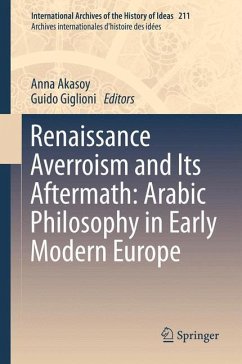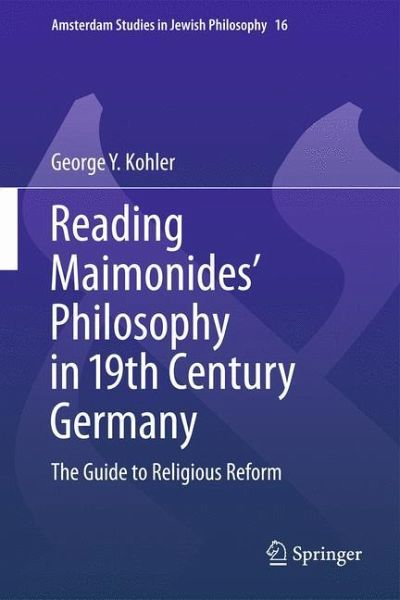
Reading Maimonides' Philosophy in 19th Century Germany
The Guide to Religious Reform
Versandkostenfrei!
Versandfertig in 6-10 Tagen
113,99 €
inkl. MwSt.
Weitere Ausgaben:

PAYBACK Punkte
57 °P sammeln!
This book investigates the re-discovery of Maimonides' Guide of the Perplexed by the Wissenschaft des Judentums movement in Germany of the nineteenth and beginning twentieth Germany. Since this movement is inseparably connected with religious reforms that took place at about the same time, it shall be demonstrated how the Reform Movement in Judaism used the Guide for its own agenda of historizing, rationalizing and finally turning Judaism into a philosophical enterprise of 'ethical monotheism'. The study follows the reception of Maimonidean thought, and the Guide specifically, through the nine...
This book investigates the re-discovery of Maimonides' Guide of the Perplexed by the Wissenschaft des Judentums movement in Germany of the nineteenth and beginning twentieth Germany. Since this movement is inseparably connected with religious reforms that took place at about the same time, it shall be demonstrated how the Reform Movement in Judaism used the Guide for its own agenda of historizing, rationalizing and finally turning Judaism into a philosophical enterprise of 'ethical monotheism'. The study follows the reception of Maimonidean thought, and the Guide specifically, through the nineteenth century, from the first beginnings of early reformers in 1810 and their reading of Maimonides to the development of a sophisticated reform-theology, based on Maimonides, in the writings of Hermann Cohen more then a hundred years later.




